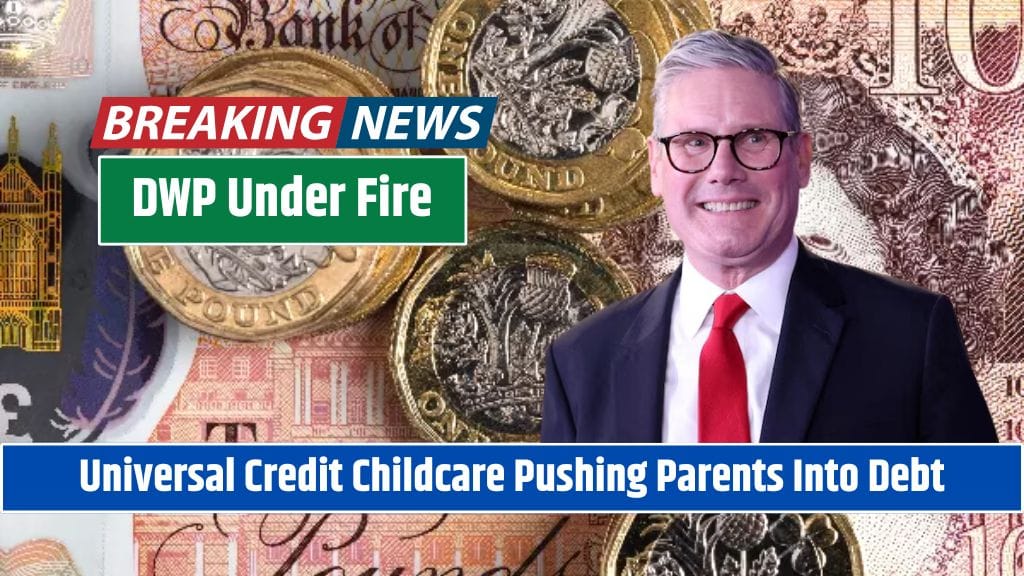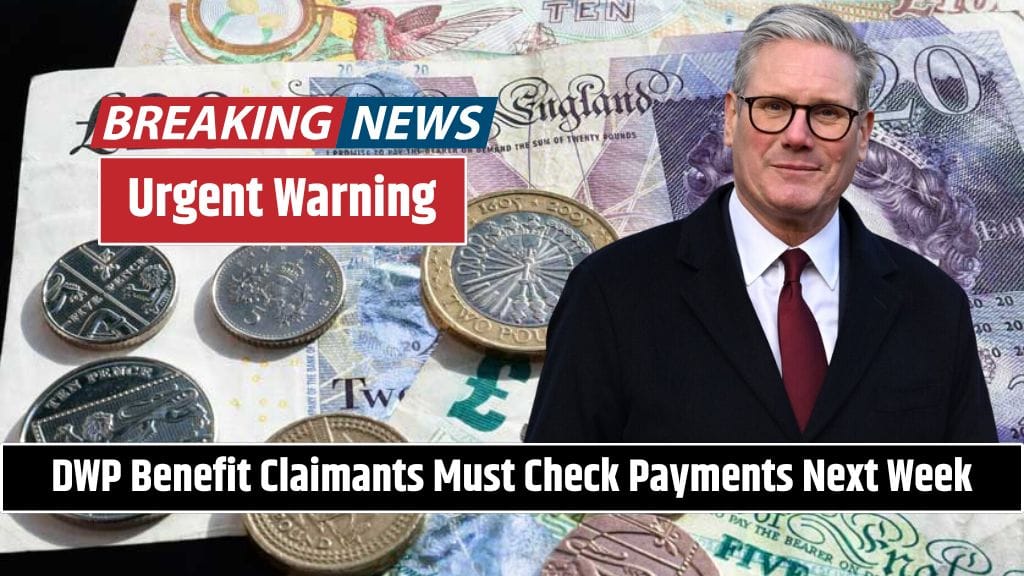Avoid a £100 Fine: The deadline for filing your HM Revenue and Customs (HMRC) self-assessment tax return for the 2023/24 tax year is fast approaching. If you fall into certain income brackets, you may be required to submit your return before midnight on January 31, 2025. Missing this deadline can result in costly penalties. This article explains who needs to file, what penalties apply for late submissions, and important updates regarding Child Benefit claimants.
Who Needs to File a Self-Assessment Tax Return?
Not everyone is required to file a self-assessment tax return, but if you meet any of the following conditions, you must complete and submit one:
- Self-employed individuals who earned income outside of PAYE employment.
- Individuals with additional sources of income, such as rental properties or investments.
- High-income earners claiming Child Benefit—if you or your partner earned £50,000 or more in the 2023/24 tax year.
- Those who have received untaxed income, including freelancers, contractors, or those working in the gig economy.
High Income Child Benefit Charge (HICBC)
If you or your partner earned more than £50,000 in the 2023/24 tax year and claimed Child Benefit, you need to declare this on your self-assessment tax return. This is due to the High Income Child Benefit Charge (HICBC), which reduces or removes your Child Benefit entitlement based on your income level.
- If your income is between £50,000 and £60,000, you will gradually lose part of your Child Benefit.
- If your income exceeds £60,000, you will lose all of your Child Benefit.
- If your partner earns over £50,000, but you earn less, they must declare the Child Benefit on their tax return.
Important Update for 2024/25 Tax Year
For the 2024/25 tax year, the HICBC threshold will rise to £60,000. However, for this self-assessment return (covering 2023/24), the threshold remains at £50,000.
Self-Assessment Tax Return Deadline
The deadline for filing the 2023/24 self-assessment tax return is midnight on January 31, 2025. If you file late, you could face significant penalties.
Penalties for Missing the Deadline – Avoid a £100 Fine
Failing to submit your tax return on time can result in increasing fines:
| Delay Period | Penalty |
|---|---|
| Missed Deadline (from February 1, 2025) | £100 fixed penalty |
| 3 months late | £10 per day (up to £900) |
| 6 months late | 5% of tax due or £300 (whichever is greater) |
| 12 months late | Another 5% of tax due or £300 (whichever is greater) |
These penalties add up quickly, so it’s crucial to file on time to avoid unnecessary charges.
How to Submit Your Tax Return
To complete your self-assessment tax return, follow these steps:
- Log in to HMRC’s online portal at gov.uk.
- Gather your financial documents, including P60s, P45s, and details of additional income.
- Fill in the self-assessment form with accurate income details.
- Check for applicable deductions or reliefs that may reduce your tax bill.
- Submit the return before January 31, 2025, to avoid penalties.
If you are filing for the first time, you need to register for self-assessment with HMRC before you can submit your return.
With the self-assessment tax return deadline fast approaching, it’s important to act now if you meet the filing criteria. Child Benefit claimants earning over £50,000 must ensure they declare their income to avoid fines under the High Income Child Benefit Charge (HICBC).
Missing the January 31, 2025 deadline could lead to significant penalties, starting at £100 and increasing over time. Filing your return early can help you avoid last-minute stress and potential financial penalties. If you’re unsure about your tax obligations, consider seeking professional advice or using HMRC’s online resources for guidance.
Source: Link
FAQ
### **SEO-Friendly FAQ Section**
What is the deadline for HMRC self-assessment tax return?
The deadline for submitting your 2023/24 self-assessment tax return is midnight on January 31, 2025. Filing late can result in penalties.
Who needs to file a self-assessment tax return?
Self-employed individuals, landlords, those earning over £50,000 while claiming Child Benefit, and anyone with untaxed income must file a return.
What happens if I miss the self-assessment tax deadline?
A £100 penalty applies immediately. After three months, daily fines of £10 (up to £900) start, and further penalties apply after six and 12 months.
How does the High Income Child Benefit Charge (HICBC) work?
If you earn over £50,000 and claim Child Benefit, you must declare it on your tax return. Your benefit is reduced or removed based on your income level.
How do I file my tax return online?
Log in to your HMRC account at gov.uk, gather necessary documents, complete the self-assessment form, and submit it before the deadline to avoid penalties.
Can I appeal a late filing penalty?
Yes, if you have a reasonable excuse, such as illness or bereavement, you can appeal to HMRC. However, late payments without valid reasons will incur fines.
Has the High Income Child Benefit threshold changed?
Yes, from the 2024/25 tax year, the threshold increases to £60,000. However, for the 2023/24 return due on January 31, 2025, it remains £50,000.
What documents do I need for my self-assessment tax return?
You’ll need your P60, P45 (if applicable), records of income, expense receipts, pension contributions, and any other financial details related to your earnings.
What if I can’t pay my tax bill in full?
If you’re unable to pay, contact HMRC as soon as possible. You may be eligible for a Time to Pay arrangement to spread payments over a period.
How can I avoid penalties for late tax filing?
Submit your tax return early, ensure all details are correct, and pay any owed tax on time. Setting up reminders and using HMRC’s online tools can help.











